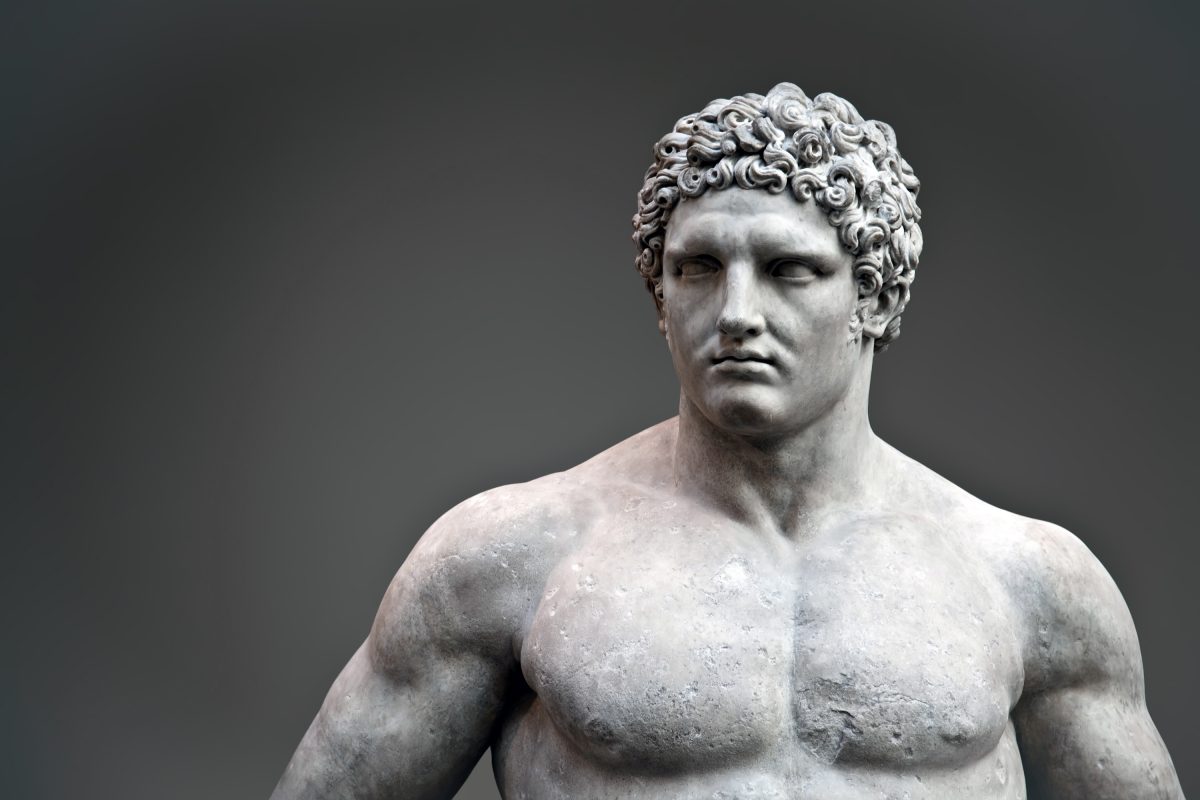Abstract: The development of rehabilitation has traditionally focused on measurements of motor disorders and measurements of the improvements produced during the therapeutic process; however, physical rehabilitation sciences have not focused on understanding the philosophical and scientific principles in clinical intervention and how they are interrelated. The main aim of this paper is to explain the foundation stones of the disciplines of physical therapy, occupational therapy, and speech/language therapy in recovery from motor disorder. To reach our goals, the mechanistic view and how it is integrated into physical rehabilitation will first be explained. Next, a classification into mechanistic therapy based on an old version (automaton model) and a technological version (cyborg model) will be shown. Then, it will be shown how physical rehabilitation sciences found a new perspective in motor recovery, which is based on functionalism, during the cognitive revolution in the 1960s. Through this cognitive theory, physical rehabilitation incorporated into motor recovery of those therapeutic strategies that solicit the activation of the brain and/or symbolic processing; aspects that were not taken into account in mechanistic therapy. In addition, a classification into functionalist rehabilitation based on a computational therapy and a brain therapy will be shown. At the end of the article, the methodological principles in physical rehabilitation sciences will be explained. It will allow us to go deeper into the differences and similarities between therapeutic mechanism and therapeutic functionalism.
Keywords: Functionalist rehabilitation; history of physical rehabilitation; mechanistic rehabilitation; philosophy of physical rehabilitation; physical rehabilitation sciences


